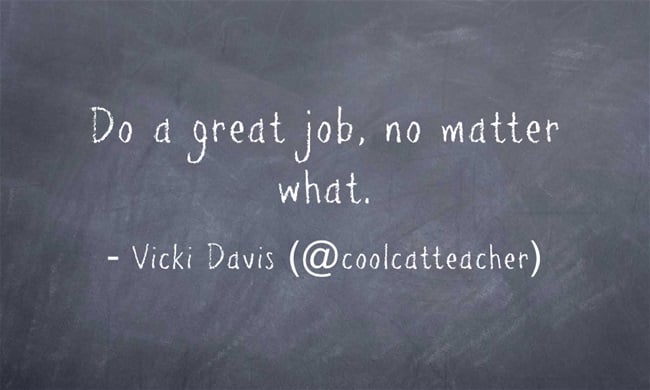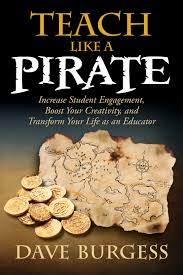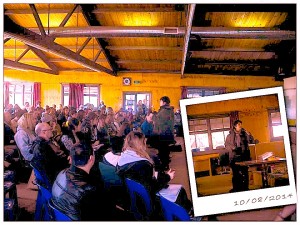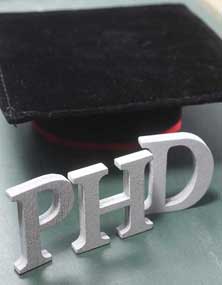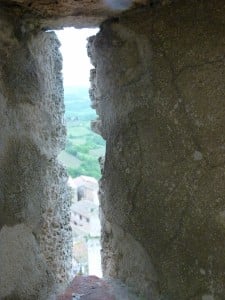I had a really great day at uni today. My colleague PhD students and I attended yet another couple of Friday workshops come info sessions to do with our work as researchers – or should I say our learning -it’s not really work when I think about it. There are three of us who are tight, who studied the post grad in ed research together in 2013 and then moved onto a PhD. My colleagues are now full time students which means they will be up for confirmation this year, one has only a few more weeks to be ready. All three of our PhD research topics are extensions of our minor thesis from two years ago but with a more detailed approach which to me only exposes our love and interest in the topics and our wish to delve deeper and to know more. We have accomplished much over the last four weeks and learned so much about ourselves and each other as research students and I think we all have some desire to grow more and even see ourselves as academics – well at least I do to some extent, but I want to also continue to be an educator and learner.
I also started a new job this week. The next two terms will see me working four days a week at a Catholic secondary school as a Peer Support Leader. I get to work, and learn, with the Education Support Department and also have a role to do with peer support – which is peer appraisal but not peer appraisal because it’s a dirty term in schools, so we don’t use the latter term in case teachers think they are being judged.
Well, I have news – we are judged. We are judged all the time every minute of the day while at school and even when we are not. The sooner we realise this, the better it will be and the sooner we can get on with the teaching and learning our students are entitled to, and deserve. It seems to me that some of us could do with a reflective exercise where we take a step back and have a real hard look at ourselves from the perspective of others. Now I’m not one to give a damn about what others think but I really feel that sometimes it’s a good idea to take time out and just watch, listen and learn.
That’s pretty much what I have been doing for the first four day week in my new position. As you know, if you read my blog regularly, I am an avid follower of twitter chats, and have written on some of my favourites in other posts. I always learn much on these chats and have picked up so many images and ideas that I gladly share with others. Tonight’s #BFC530 chat was no exception and thanks to @2learnthink I picked up this little gem. I really think that not only should it be pinned to every classroom door but posted at every school gate. “In this SCHOOL, everyone is a student and everyone is a teacher.”
I really think that not only should it be pinned to every classroom door but posted at every school gate. “In this SCHOOL, everyone is a student and everyone is a teacher.”
There is also another image I have picked up along the way and used many times and one that I have been thinking about all week as I have been watching, listening and learning. This one I think speaks volumes, both positively and negatively.
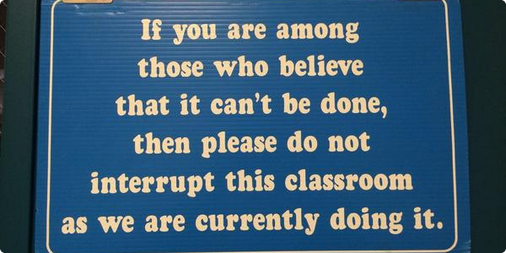 Positive because there are those among us who are getting on with it and negative in the fact that we have to say it. Really sometimes we just have to get out of the way and let others get on with it. It’s not about power, or at least it shouldn’t be, it’s about EMPOWERMENT, taking responsibility, allowing failure so as to learn. By this I don’t mean catastrophic failure – surely it is our responsibility to be there to ensure this doesn’t happen, but I mean allow risk taking, with scaffold, supports and sensible direction to enable learning, to enable others to model and experiment and then allow for reflection – action – re-plan – reflection – action – re-plan. Sometimes we just need someone, many times in fact, we just need someone to shut up and listen.
Positive because there are those among us who are getting on with it and negative in the fact that we have to say it. Really sometimes we just have to get out of the way and let others get on with it. It’s not about power, or at least it shouldn’t be, it’s about EMPOWERMENT, taking responsibility, allowing failure so as to learn. By this I don’t mean catastrophic failure – surely it is our responsibility to be there to ensure this doesn’t happen, but I mean allow risk taking, with scaffold, supports and sensible direction to enable learning, to enable others to model and experiment and then allow for reflection – action – re-plan – reflection – action – re-plan. Sometimes we just need someone, many times in fact, we just need someone to shut up and listen.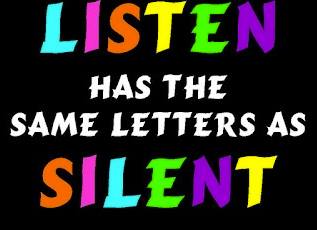 We don’t always want, or even need, them to solve the problem or take any action but simply, LISTEN. There’s been a lot of that this week.
We don’t always want, or even need, them to solve the problem or take any action but simply, LISTEN. There’s been a lot of that this week.
And…what have I learned this week?
I’ve learnt that the minute we think we’ve solved all the issues and problems is the same minute we stop learning, taking risks, reflecting and working for the benefit of our future – our children.